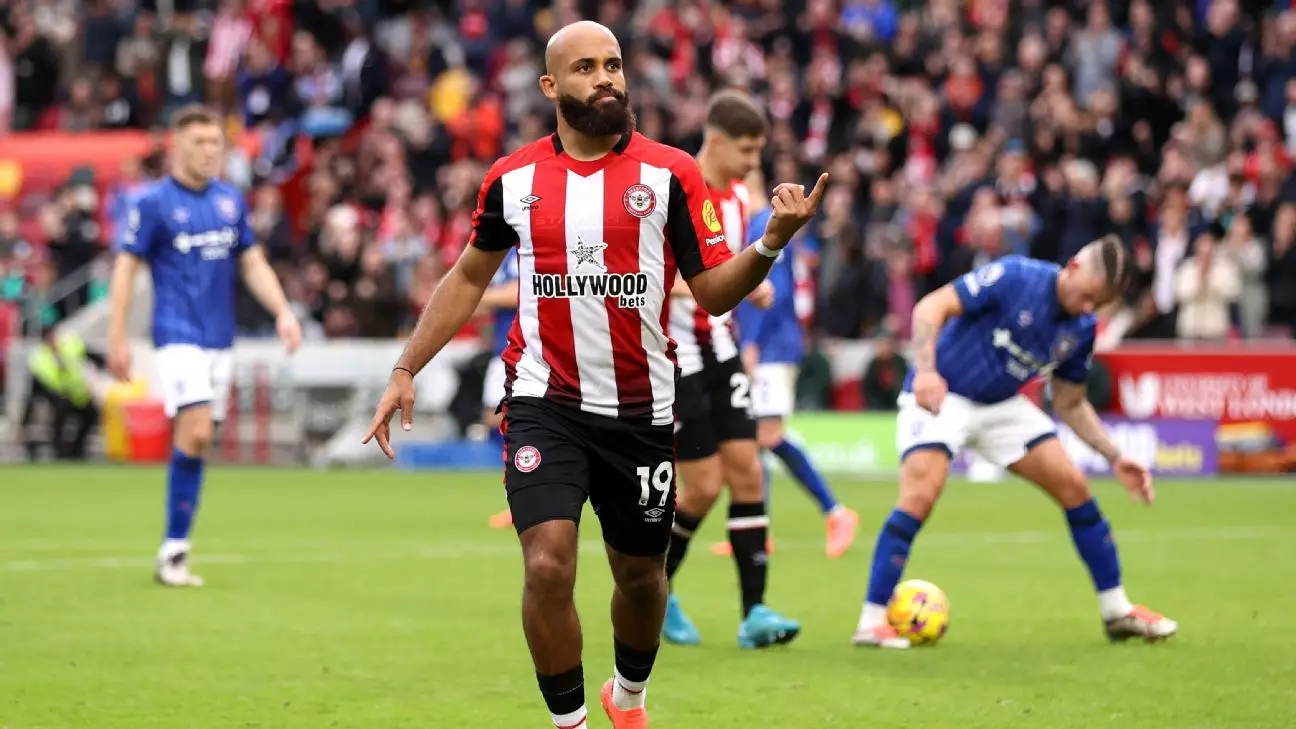Manchester United’s recent acquisition of Bryan Mbeumo signals a clear intent to restore their competitive stature. Spending over £70 million, a significant increase from the initial expectations, reflects a club intent on making a loud statement in the transfer market. For a player with a reputation rooted in agility and goal instinct, this move suggests United’s desire to inject youthful dynamism into an aging squad. Yet, behind this ambitious investment lies a complex web of negotiations, frustrations, and strategic posturing, exposing the turbulent nature of modern football transfers.
The club’s calculated risk-taking demonstrates both confidence and a recognition of the mounting pressure to return to former glories. Mbeumo, at just 25, embodies a blend of raw talent and potential, which could turn into a game-changer if properly harnessed. However, such hefty financial commitments come with inherent risks. The pressure to justify the transfer fee, especially in an era obsessed with instant results, could weigh heavily on Mbeumo’s shoulders. It’s a gamble that could either elevate United’s attacking options or underline their ongoing challenges in squad building.
Negotiation Dynamics and Market Power Plays
The transfer saga exposes the new realities of football negotiations. Brentford’s steadfast valuation and strategic tactics reveal how clubs now leverage not just player desire but also external interest to command premium fees. The fact that Brentford pushed for a figure exceeding £70 million and orchestrated complex negotiation strategies—including delaying offers and pressuring Mbeumo—highlight how transfer negotiations have become as much about psychological warfare as financial logistics.
Furthermore, United’s frustrations with the negotiation process underline a broader shift in transfer dynamics, where bigger clubs face more aggressive valuations from smaller clubs seeking to maximize their assets. It also raises questions about the influence of player ambition, with Mbeumo possibly being encouraged by Brentford to wait for a more lucrative or prestigious move, such as those from Newcastle, Tottenham, or even Chelsea. This tug-of-war reflects the evolving power balance in transfers, a dance that requires patience, resilience, and strategic acumen from the buying club.
Implications for Manchester United’s Forward Line and Future Aspirations
Mbeumo’s arrival, paired with the signing of Matheus Cunha, underscores a shift in United’s tactical outlook. The club appears intent on combining experienced flair with youthful energy, betting that this infusion of talent will accelerate their trajectory back to top-tier European dominance. Yet, there’s an underlying expectation that these signings will galvanize a squad that has struggled with consistency and identity.
Rashford’s imminent move to Barcelona adds a layer of intrigue, potentially affecting the team’s attacking symmetry and tactical flexibility. The club now faces a delicate balance: integrating new talents swiftly while maintaining cohesion, especially when key players like Rashford are on the brink of departure or loan moves. The approach reflects United’s broader strategy—an aggressive pursuit of talent paired with strategic team rebuilding, all under the intense scrutiny of fans and pundits eager for a return to grandeur.
In the end, United’s recent transfer dealings reveal a club in flux—eager, ambitious, yet occasionally hamstrung by external negotiations and internal pressures. The true test will be how they convert this financial and strategic investment into tangible success on the pitch.

Leave a Reply